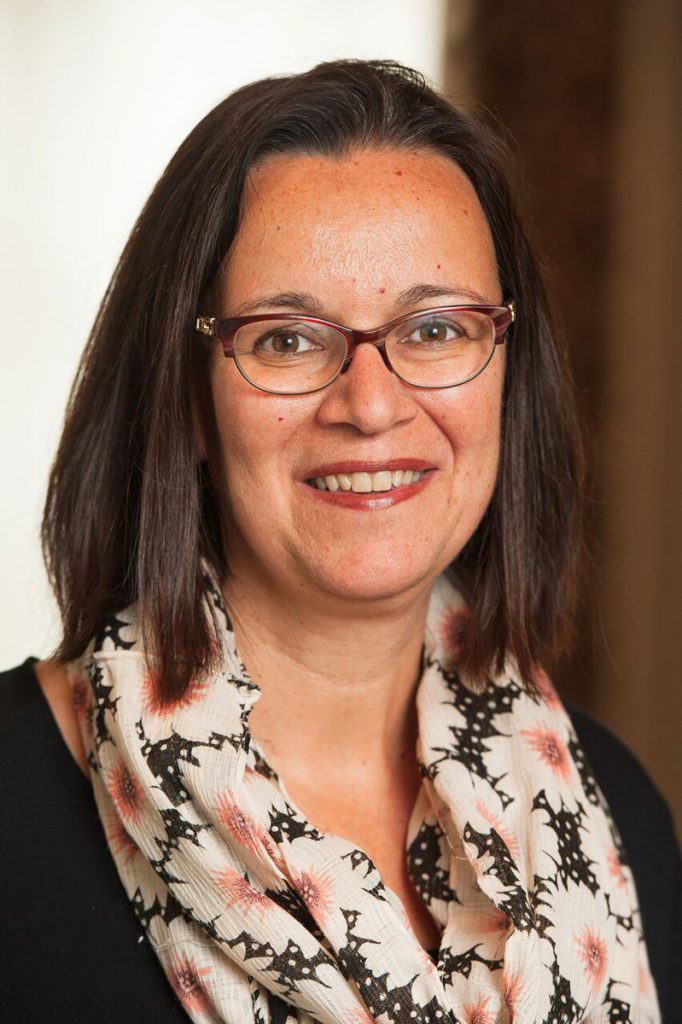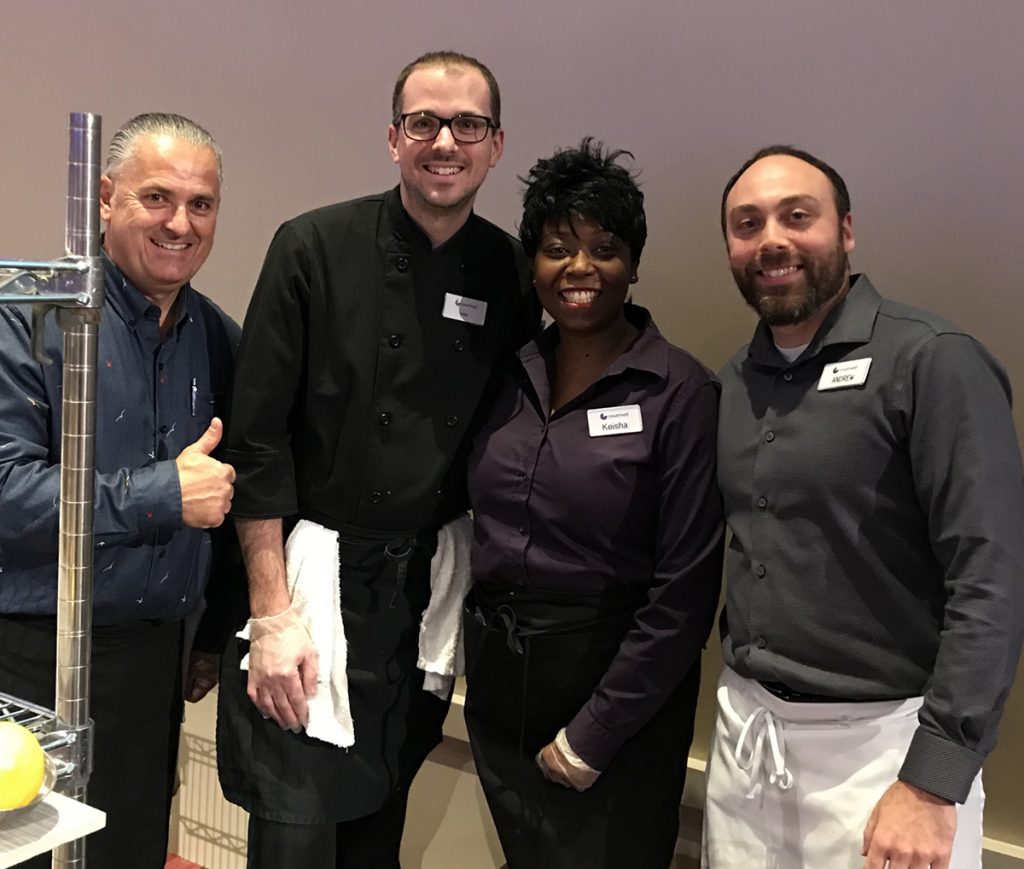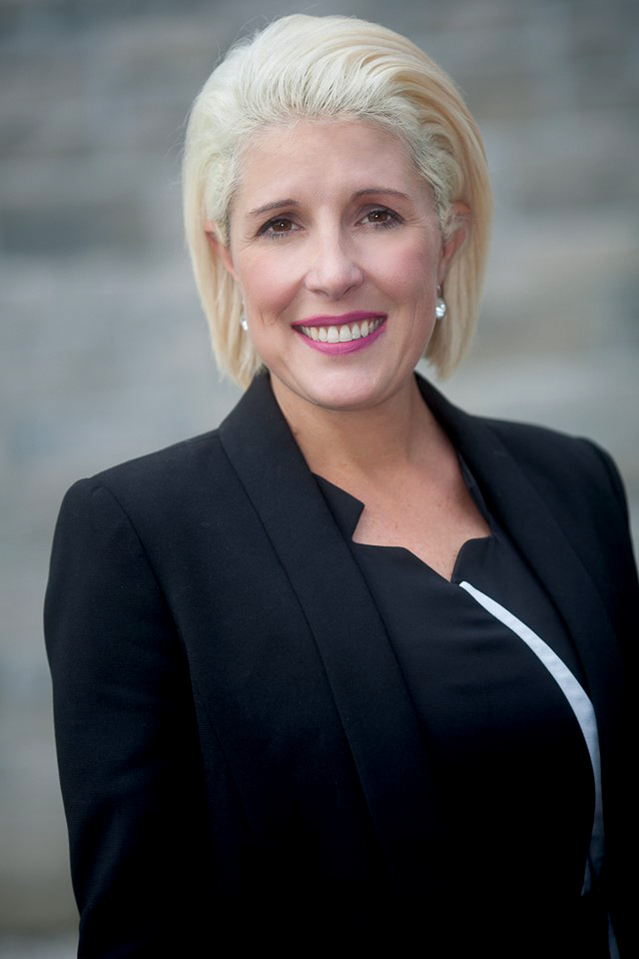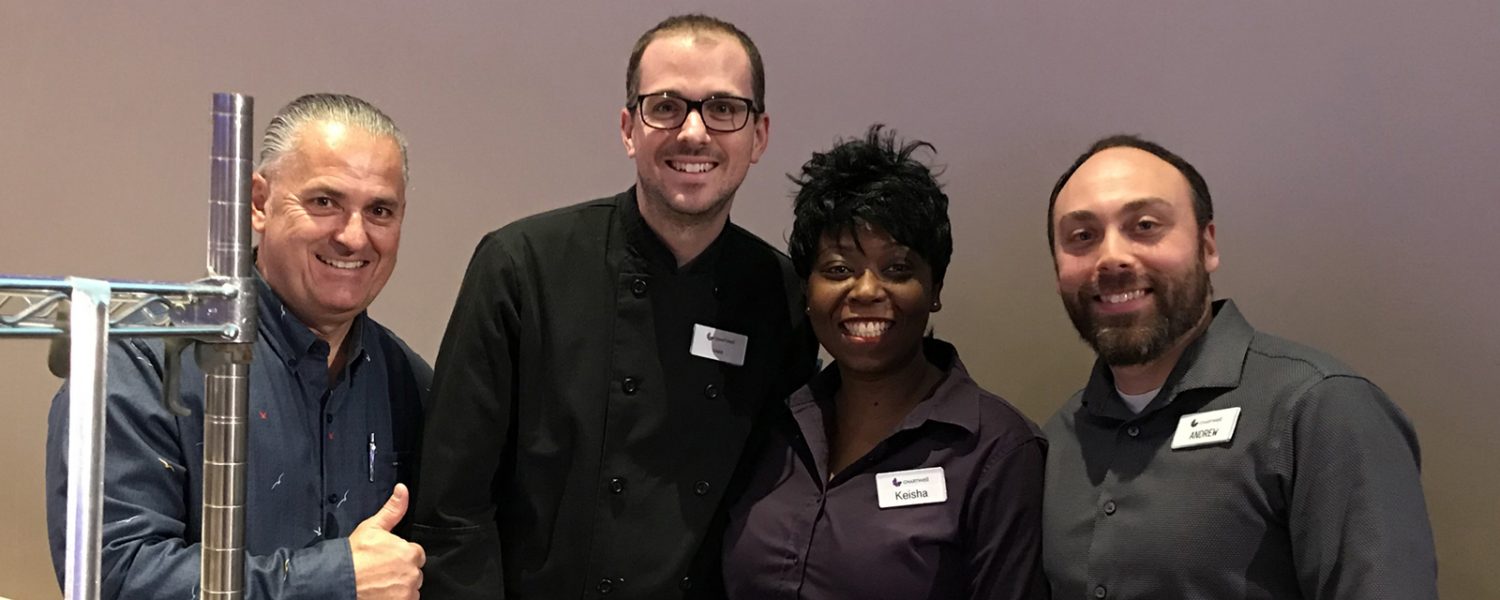Three Retirement Homes Stay Safe During COVID-19
Story by Michael Seguin
Perhaps no one was in a more vulnerable position when the COVID-19 pandemic entered our community than the residents in retirement homes. However, while horror stories abound about outbreaks and lockdowns, three local retirement homes were able to prevent transmission of the virus thanks to a combination of proactive decisions, stringent safety protocols and the dedication of their talented staff.
Amica Riverside

If you’ve cruised down Riverside Drive, you’ve likely passed Amica Riverside. With a stunning modern aesthetic facing the Peace Fountain on the river, Amica remains one of Windsor’s most elegant landmarks.
When COVID-19 entered our lives back in March, Amica was quick to react.
“From the onset of COVID-19, we have implemented several proactive measures at our residence to minimize the risk,” Lisa Rufo, the General Manager of Amica Riverside states. “From the start, our team members have been well-prepared, putting strong infection control protocols into place.”
Amica maintained regular communication with local public health officials throughout the crisis.
“We acted decisively from the start; quickly implementing visitor restrictions and screening, closing resident common areas and suspending group activities to mitigate the spread of the virus,” Lisa explains.
Visitor restrictions remained in place until June 18th, 2020, when the Province of Ontario lifted its visitor restrictions for retirement residences. Amica continues to keep residents, team members and families informed about changes to government directives and their impact on Amica’s visiting procedures.
“Residents are observed daily for typical and atypical signs and symptoms of COVID-19 or any other changes,” Lisa states. “Amica’s COVID-19 Command Taskforce meets daily to assess risk, review operations and procurement and plan for how to best protect our residents and team members from COVID-19 while ensuring residents continue to enjoy the best quality of life possible.”
And while the future remains uncertain, Lisa and her team at Amica are committed to the safety and wellbeing of their residents.
“It is very heartening to see residents safely using our commons spaces and visiting with their loved ones once again,” Lisa explains. “We are enjoying our return to normal activities and interactions and I feel positive and confident about the future at Amica Riverside.”
Chartwell St. Clair Beach Retirement Residence

Chartwell Retirement Residences, like every other retirement home and long-term care facility, found themselves in a difficult position when the virus first hit.
“Back in March, we experienced a lot of changes,” Andrew Crow, General Manager of Chartwell St. Clair Beach Retirement Residence, explains. “But Chartwell is the largest retirement company in Canada. So, we do have a lot of resources and a lot of structure like that.”
Andrew’s home was able to adapt to these tumultuous circumstances by following directions from Chartwell head office and directions from the Canadian government.
“We followed Directive 3, the instructions for long-term care homes,” Andrew states. “We received their directions and executed on them. For example, March 13th is when we realized we were in the pandemic. I came in on the weekend just to make sure everyone was okay. And while I was there, we got the email saying ‘no visitors!’ So, it was that quick. Chartwell made sure every last GM had the information they needed from day one.”
Chartwell adopted numerous extra safety protocols to ensure the safety of their guests and staff.
“Immediately, we had to implement a specific screener to check everyone coming in,” Andrew recalls. “Everyone has to sign in. We’re taking their temperature before they enter. We make sure they sanitize their hands and answer all questions.”
The biggest challenge healthcare workers and residents face was the uncertainty of everything.
“People were anxious,” Andrew admits. “People were wondering what we would do if we had an outbreak. And amongst the frontline team members, they were wondering what they would do if they contracted it. Just dealing with that tremendous unknown was a huge obstacle.”
Andrew credits the bravery of his incredible team with helping Chartwell weather this storm.
“From the get-go, I can’t stress enough how our team came together,” Andrew states. “Everything from staff to head office—all the way to regional!—from our team to the frontline team, everyone just kind of came together. Everybody was there when we needed assistance.”
And while Andrew and Chartwell remain optimistic for the future, they continue to mitigate all risks.
“We’re complying with public health,” Andrew explains. “We prepared our pandemic plan. If we go into a COVID outbreak, we have a plan set in place. In the meantime, we’ve gotten to a point now where we’re allowing people in. However, we’re only allowing 14 people per activity and they have to maintain social distancing. We’re also scheduling visits to limit traffic. We’re still fighting a good battle. We’re prepared and ready.”
Seacliff Manor

Seacliff Manor, located in Leamington, seamlessly blends the traditions of family, the community and the newest architectural designs and safety features. However, as General Manager Kari Sleiman explains, when the novel coronavirus hit, Seacliff had to blend numerous different safety protocols into that mix.
“We entered lockdown on March 17th,” Kari states. “We implemented the screening process right away. Previously, residents could come and go using a fob system. We had to take that away to better monitor traffic. And then in April, we pivoted to individualized room service.”
Because of the severity of the virus, Kari encountered numerous different staffing issues.
“When the government implemented CERB pay, a lot of staff left,” Keri explains. “Many of our employees were visibly scared. They didn’t know what was coming down the pipe. So, we lost almost 17 staff members, either due to childcare, fear, work commitments or other underlying conditions.”
In order to better ensure her staff’s safety, Kari even separated the Seacliff management team.
“I couldn’t risk the entire management team getting compromised,” Keri states. “So, I sent half of them to work from home. Just in case.”
For her determination, Kari was nicknamed: “The Warden.”
“I’ll take it,” Kari laughs. “We didn’t get COVID.”
Despite these conditions, Kari was able to keep morale high.
“We did what we could for our resident’s cognitive impairment,” Kari admits. “We started to see some behavioral issues, because they couldn’t receive any visitors. So, we implemented GoToMeetings and Zoom calls so that they could do face-to-face conferences with their loved ones. We also adopted a delivery service, so that family members could drop things off for residents.”
Eventually, as Windsor and Essex County progressed through the first three stages, Seacliff’s doors were able to gradually open up.
“We currently have three visitation stations,” Kari states. “We’re not allowing anyone up to the rooms yet. We continue to monitor social distancing. We’re making sure everyone has their face coverings on and that everything is disinfected. And we’re beginning to reintroduce programming.”
And now, Seacliff continues to look towards the same horizon as everyone else: some semblance of normal.
“We’re very much about the health and safety of staff and residents,” Kari states. “Our staff is tested every two weeks. Face coverings are mandatory. We’re moving forward.”




Add comment